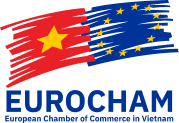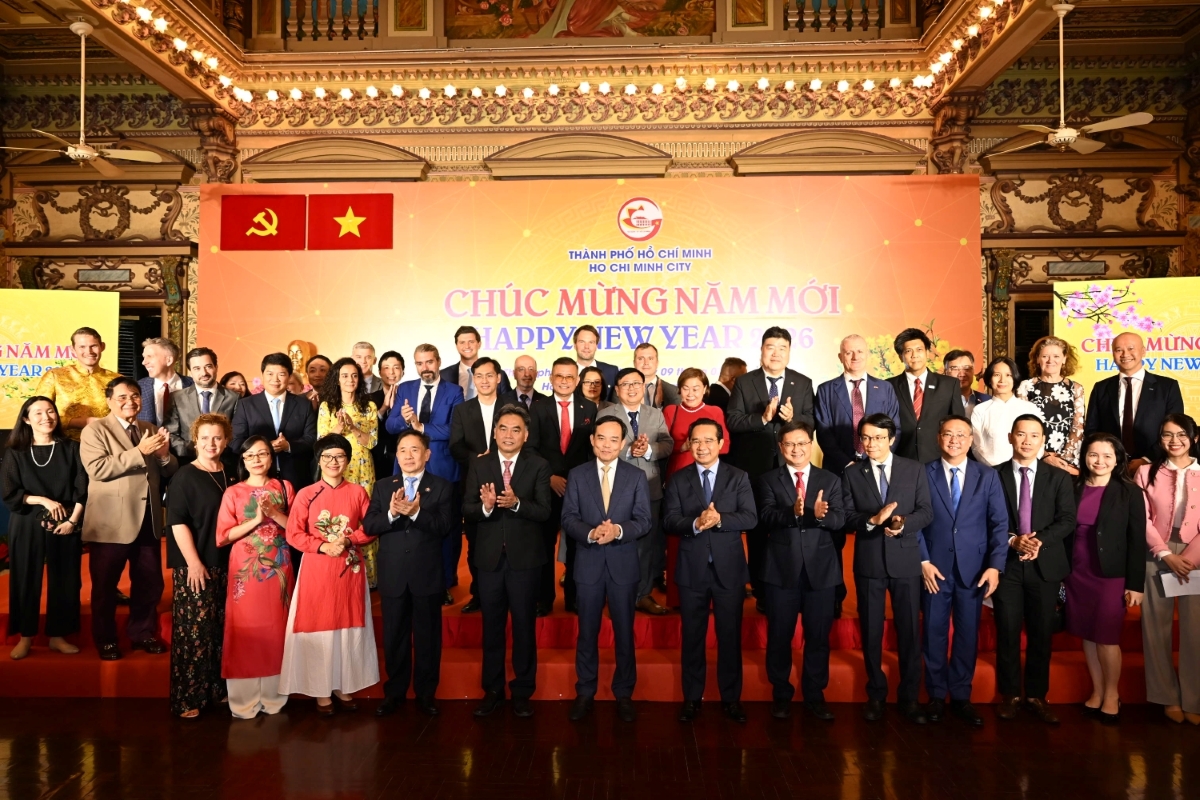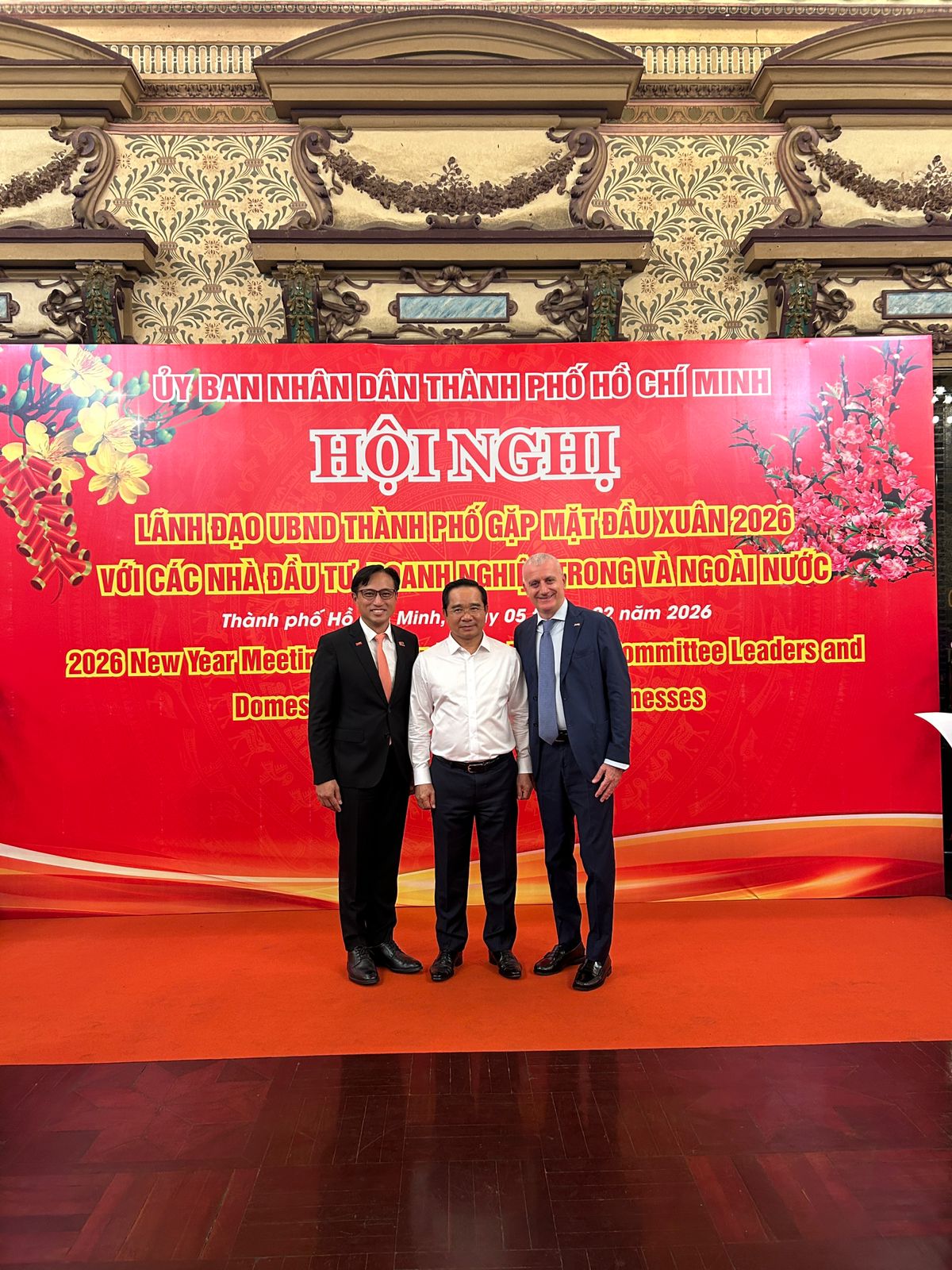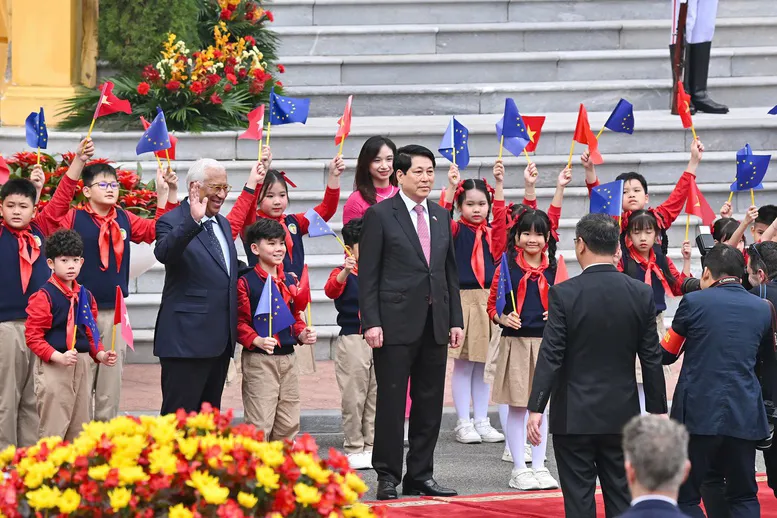On 9 August, 2024, the National Assembly’s Committee of Science, Technology, and Environment in collaboration with the Vietnam Chamber of Commerce and Industry (VCCI) organized a workshop on Amended Law on Electricity at the National Assembly House in Hanoi. The event was chaired by the Vice Chairman of the Committee Ta Dinh Thi, and featured key stakeholders, including the Deputy Minister of Industry and Trade Truong Thanh Hoai, representatives from the Ethnic Council, various National Assembly Committees, and numerous foreign enterprises.
The workshop aimed to collect input from stakeholders on the fifth draft of the amended Law on Electricity in Vietnam. Discussions centered on crucial topics such as regulatory frameworks, investment incentives, and the integration of renewable energy sources into the national grid. The objective was to refine the draft law to better address the challenges and opportunities in Vietnam’s electricity sector.
EuroCham Advocacy Manager Truong Ngoc Diep attended a workshop. In her remarks at the workshop, Ms. Diep emphasized the importance of allowing third-party participation in the development, operation, and distribution of self-consumed electricity from renewable sources. This provision is particularly vital for businesses committed to achieving net-zero emissions but lacking the expertise or resources to invest in their own renewable energy projects. Enabling third-party involvement would accelerate the adoption of clean energy and support Vietnam’s decarbonization efforts.
Ms. Diep also highlighted the need for a simplified process for replacing equipment during the operation of renewable energy projects, which would help reduce administrative procedures. In response, representatives from the Ministry of Industry and Trade, the Electricity Regulatory Authority of Vietnam, and Mr. Ta Dinh Thi, Vice Chairman of the Committee for Science, Technology, and Environment, acknowledged the significance and sincerity of the contributions. They affirmed that all feedback would be promptly compiled to ensure consistency and coherence in the legal framework, as well as to enhance the quality and feasibility of the draft law’s provisions.







